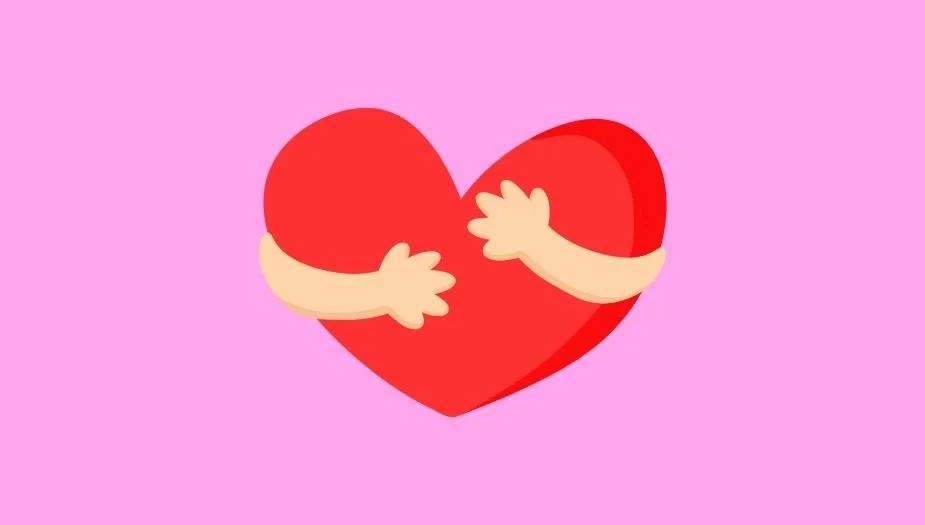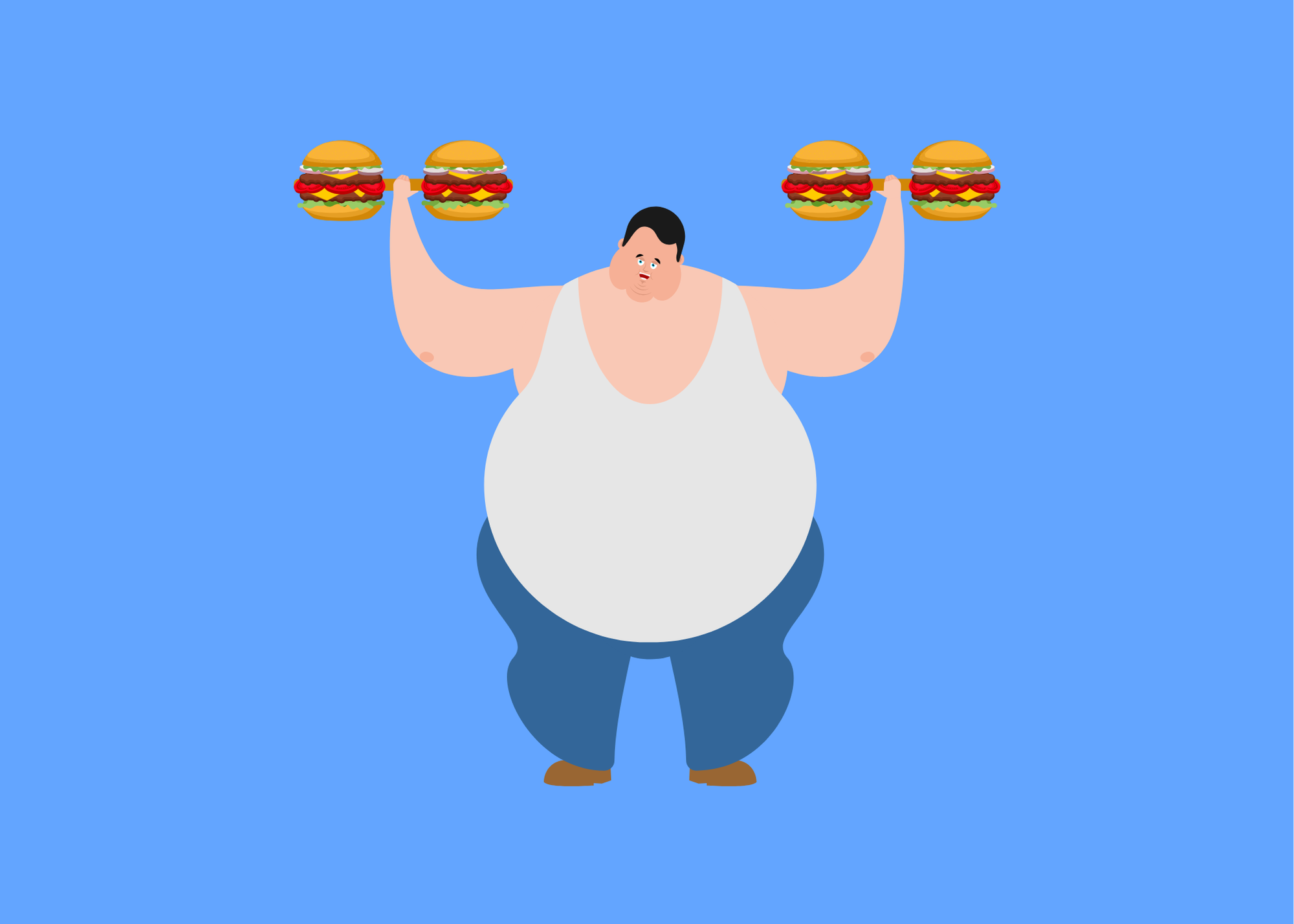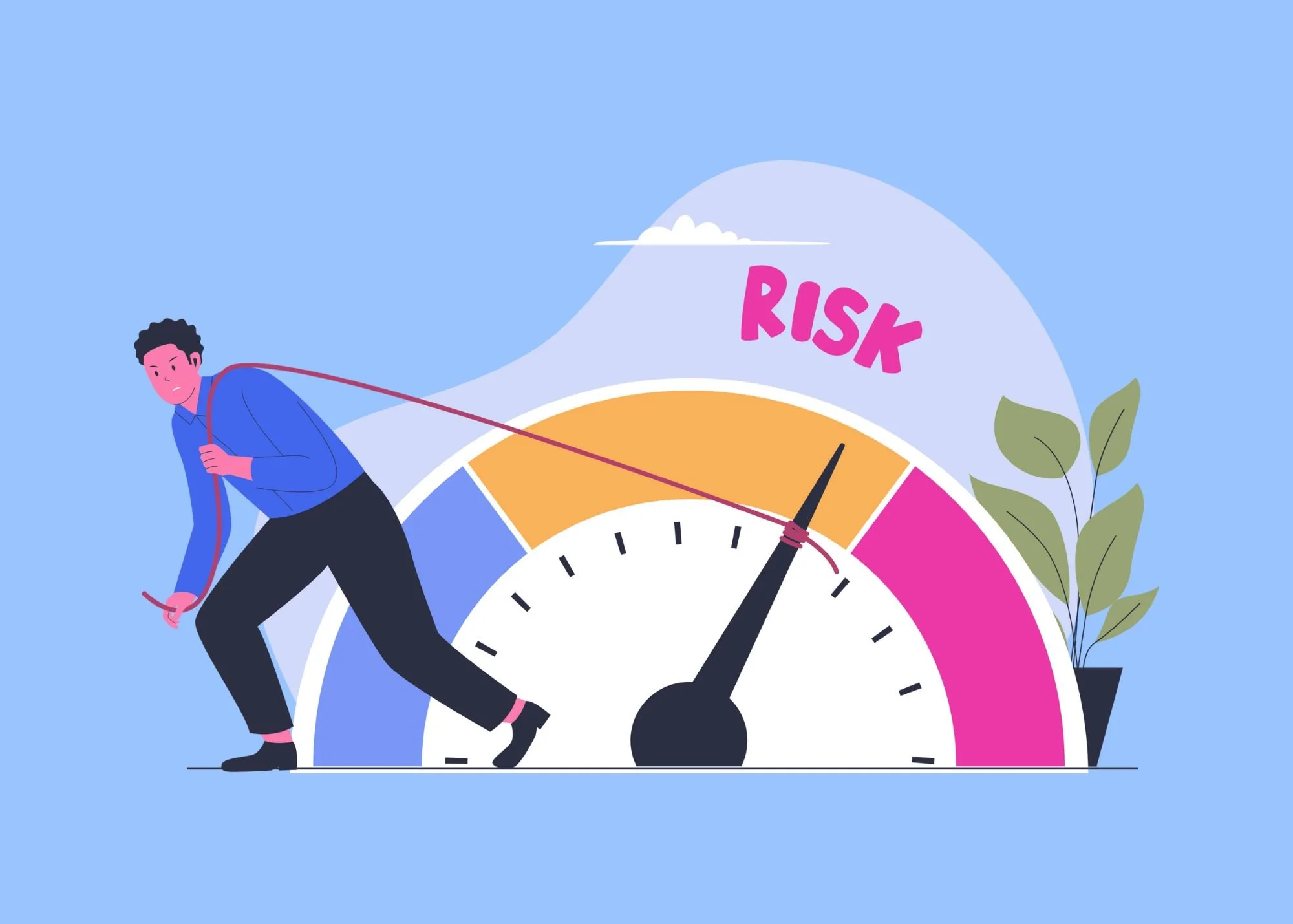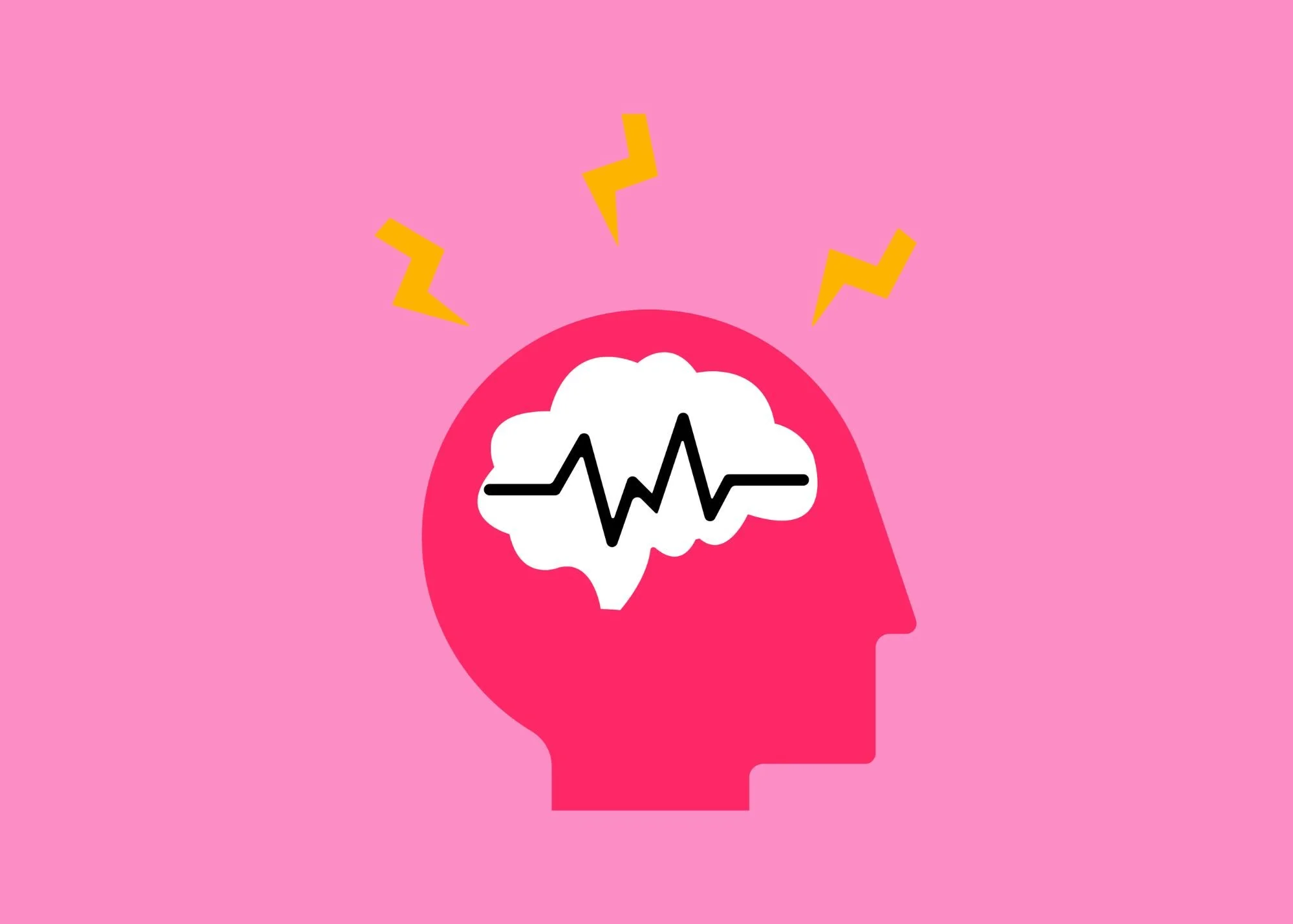Making Peace with Yourself: You Did the Best You Could with What You Knew
You’re not failing, you’re growing and learning.
Let’s get one thing straight: You are not the villain in your own story. That bad career move? The relationship that crashed and burned? The late-night stress-eating sessions that could rival a competitive eating contest? All of it happened under circumstances where you were doing the best you could with what you had. It’s time to make peace with that.
For high achievers, self-recrimination is practically a sport. You hold yourself to an absurdly high standard, analyze past decisions like a forensic investigator, and replay what-ifs like a broken record. The problem? That mindset keeps you trapped in stress, burnout, and an endless cycle of regret. It’s time to stop the self-flagellation and start moving forward. Here’s how.
1. The Science of Self-Compassion (And Why You Need It)
Before you roll your eyes at the phrase “self-compassion,” let’s talk neuroscience. Studies from Dr. Kristin Neff, a leading researcher in self-compassion, show that people who practice it have lower cortisol levels (read: less stress) and higher resilience. In other words, cutting yourself some slack isn’t weakness—it’s a power move.
When you beat yourself up over past decisions, your brain perceives it as a threat, kicking your nervous system into fight-or-flight mode. Chronic stress from this pattern can wreak havoc on your sleep, immune function, and even cognitive performance—none of which you can afford if you're running a business, leading a team, or just trying to keep your life together.
The Fix: Talk to Yourself Like You Would a Friend
If your best friend came to you with the same regrets you have, would you tell them they’re a failure and should have known better? No. You’d remind them that they made the best choice they could at the time. Apply the same logic to yourself. If your internal dialogue is harsher than anything you’d say to another human, it’s time for an upgrade.
2. Hindsight Is a Luxury, Not a Weapon
Your 20/20 hindsight makes you think you should have known better, but here’s the kicker: you didn’t. You didn’t have the experience, the knowledge, or the perspective you have now. The person you are today is judging a past version of yourself who didn’t have the same tools. That’s not fair, and it’s certainly not productive.
The Fix: Reframe Regret as Data
Instead of spiraling into self-blame, use past decisions as learning opportunities. Ask yourself:
What information was I missing at the time?
What have I learned from this?
How can I apply this lesson moving forward?
When you shift from judgment to curiosity, you move from self-reproach to self-improvement. And let’s be real—that’s what you’re actually after.
3. Your Brain on Stress: The Decision-Making Hijack
When you were in those tough moments, your brain wasn’t operating at peak performance. Stress impairs executive function—the part of your brain responsible for rational thinking and decision-making. Research from Yale shows that chronic stress actually shrinks the prefrontal cortex, making it harder to think clearly, regulate emotions, and make sound choices.
So if you made a decision in a high-stress moment that, in hindsight, wasn’t ideal? Of course you did. Your brain was literally not wired for optimal thinking at the time.
The Fix: Audit Your Stress, Not Just Your Choices
Instead of blaming yourself for the outcome, analyze the conditions that led to it. Were you sleep-deprived? Burnt out? Under extreme pressure? Stress-proofing your life—through better recovery habits, boundary setting, and mental clarity exercises—will help ensure that your future decisions come from a place of wisdom, not depletion.
4. The Myth of the Perfect Decision
High performers are obsessed with getting it right—but here’s the uncomfortable truth: there’s no such thing as a perfect decision. Every choice comes with risks, unknowns, and trade-offs. What felt like the best option at the time might not have been optimal in hindsight, but that doesn’t mean it was wrong.
The Fix: Adopt a “Best Possible Choice” Mindset
Instead of agonizing over whether a decision was right or wrong, ask yourself:
Given the information I had, was this the best choice I could make?
Did I act with the best intentions based on my knowledge and circumstances?
Would I make the same decision today? If not, what has changed?
This shifts your thinking from rigid perfectionism to adaptable growth—a crucial skill for resilience and long-term success.
5. Let It Go (No, Really, Let It Go)
Carrying guilt over past decisions doesn’t make you more responsible—it makes you more exhausted. And as a high achiever, you don’t have time for that energy drain. Neuroscience shows that rumination—repeatedly dwelling on past mistakes—activates the same neural pathways as anxiety and depression. Translation? The longer you beat yourself up, the more you reinforce a cycle of stress and emotional fatigue.
The Fix: Actively Release the Mental Load
Try this exercise: Write down the regrets you’ve been holding onto. Then ask yourself: Is this still serving me? If not, physically discard the paper. Burn it, shred it, throw it in the recycling—whatever helps create a sense of finality. Your brain loves symbolic gestures; use them to your advantage.
Final Thoughts
Making peace with yourself isn’t about letting yourself off the hook—it’s about acknowledging that you’re a work in progress. Every misstep, questionable choice, and ‘I should have known better’ moment has contributed to who you are today. Instead of fixating on what you could have done differently, focus on what you can do now.
Because here’s the real flex: The more you accept past you, the more power you give future you. And that? That’s real growth in the human experience.
Article References
The sources cited in the article:
Psychology Today (PT). "Deciding to Let Go." PT - Deciding to Let Go
Berkeley Wellbeing. “Letting Go: How to Put the Past, Anger and Fear Behind You.” Berkeley - Letting Go
Forbes. "It Starts With Letting Go." Forbes - It Starts with Letting Go
Harvard Business Review (HBR). “The Art of Letting Go.” HBR - The Art of Letting Go
Thought Catalog. "How to Let Go of Things That No Longer Serve You.” Thought Catalog - Let Go of What Doesn’t Serve You
Positive Psychology (PP) “How to Let Go & Why It’s So Important for Wellbeing.” PP - How to Let Go for Wellbeing






